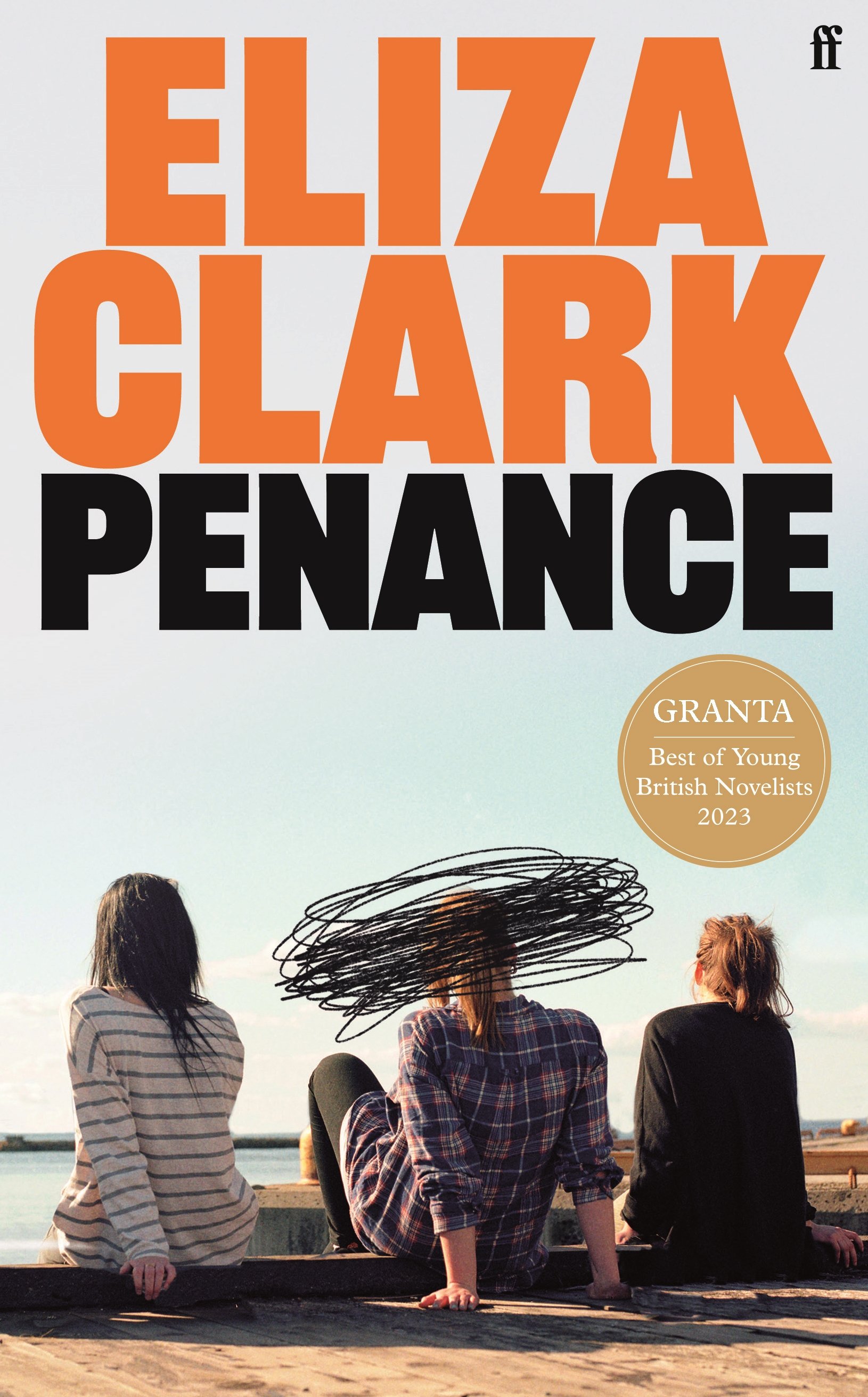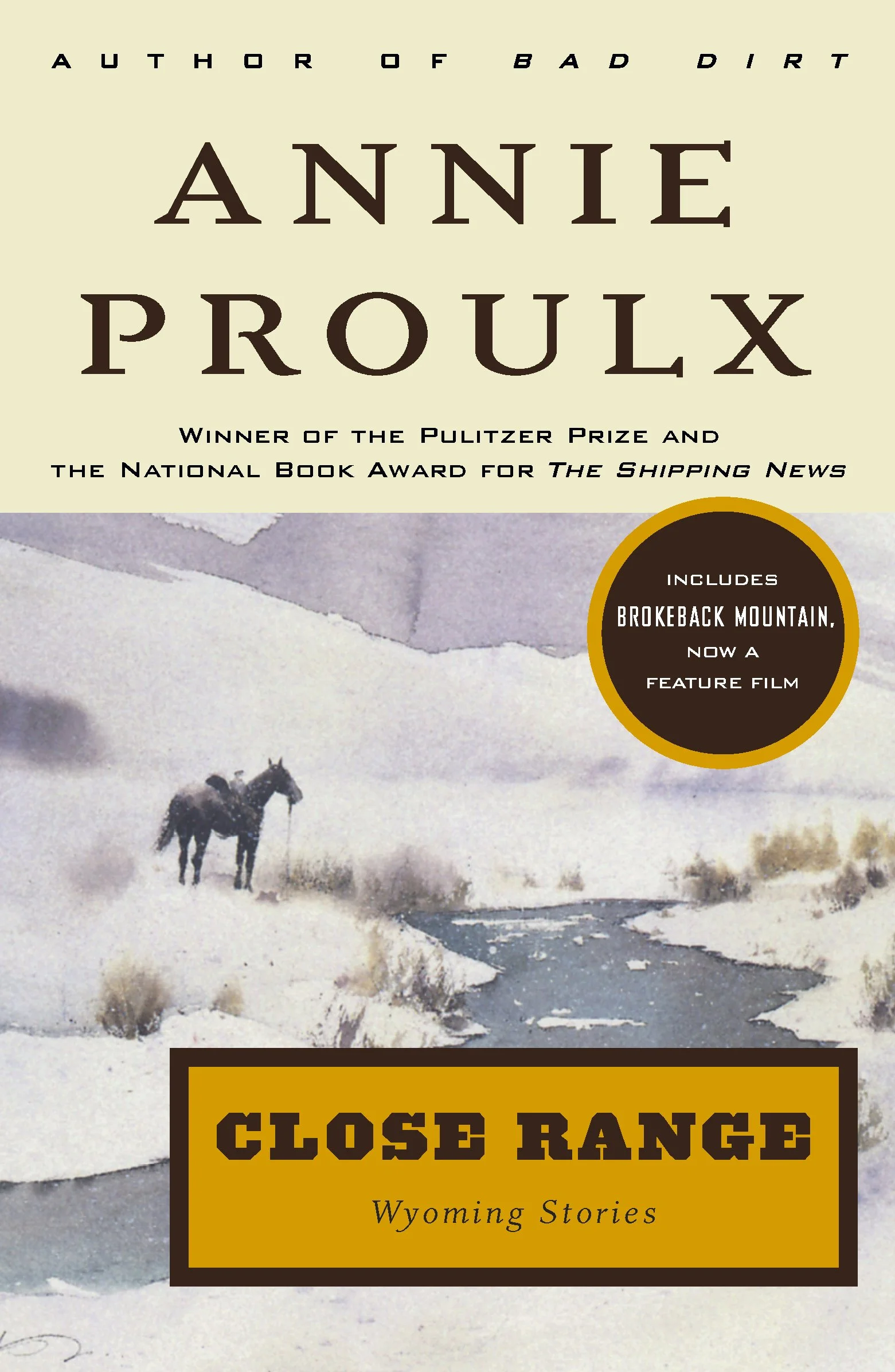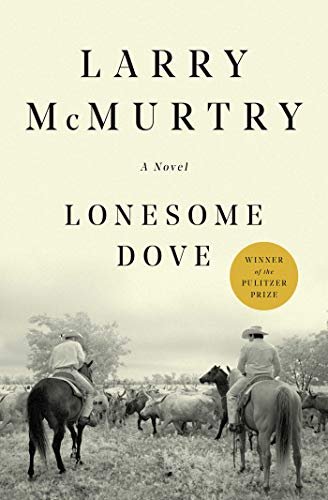The Best Books of 2023
The best stuff I’ve read this year, from 2023 releases to new discoveries.
From this year
The Bee Sting by Paul Murray
I worked through the entire crop of 2023’s Booker Prize shortlist, and this to me was the finest by a country mile (second fave: Paul Harding’s This Other Eden). It’s a sprawling family saga in the vein of many 21st century best selling American door stoppers, but Murray’s empathy and wit trumped many of the authors to whom he could most obviously be compared.
Set in the aftermath of the financial crash, Beatty investigates in turn four members of the Barnes family, a once-prosperous clan now beset with problems internal and external on every scale imaginable. The Bee Sting is a story about the stories we tell ourselves. The protagonists suffer embarrassing injuries and manufacture more palatable explanations. They protect themselves from the ghosts of their past by lying to themselves, that everything is alright, actually, that salvation is just around the corner.
It’s a chunky and surprisingly bleak piece of work but Murray’s empathy is palpable and he writes with a bravura that stops just short of showiness. The four characters are all superb, particularly mother Imelda (Murray’s interest in his women sets him far apart from another author to whom comparison feels obvious). It certainly won’t leave you feeling warm and fuzzy, but it’s a remarkable ride.
Penance by Eliza Clark
I’m yet to read Boy Parts, Clark’s TikTok sensation of a debut novel, but her follow up serves as one of the finest surprises of the year, a formally daring book within a book, a true crime pastiche of sorts that showcases phenomenal skill in observation as well as voicing and storytelling.
The framing device is the titular book written by Clark’s narrator, an upper crust journalist whose career impropriety has sent him poking desperately around a struggling coastal town in the north of England to write up a horrific story. A teenage girl has been kidnapped, tortured, and burned to death by three of her schoolmates, leaving the already fractured town further haunted by the crime itself and the subsequent ghoulish post-Serial cottage industry.
Clark’s crosshairs are pointed not at crime journalism per se but at the braying podcasters, in particular, who gleefully parse the details of grizzly murders with no eye to explanation or investigation, just luxuriating in grimness then throwing to an ad break. That the brutal story she weaves (heavily inspired by real events) is so gripping proves just how well all this stuff really works.
Chrysalis by Anna Metcalfe
This is a strange and sparsely lyrical novel about transformation which I felt pulled off one of the most difficult jobs in storytelling. At its centre is an unnamed woman who, for reasons which are slowly explored, wishes to change her life greatly. She starts off by joining a gym and sculpting her body into something lithe and powerful, then removes herself from the grid and into her own world.
The woman’s journey is followed in turn by three narrators - a fellow gym goer, her mother, her erstwhile flatmate. The novel’s success hinges on making this woman a quasi-mythical feature, someone the three disparate perspective characters would realistically be beguiled by, fret and obsess over.
It works remarkably well. It’s a fantastic exercise in stripping away superfluity; we’re given an insight into this woman and can draw our own conclusions as to why she does what she does, but ultimately all we, and our narrators can do is guess. The mystery at the heart of the book is a great counterpoint to the total confidence of its central, unknowable character.
From elsewhere
Close Range by Annie Proulx
Proulx’s collection of Wyoming-based stories are often desperately bleak yarns of hard graft going unrewarded, disappointment and heartbreak in the wilds of rural America. It’s down to the author’s deft wit and decision to end many of the heaviest efforts on something akin to a punchline that makes Close Range a joy, not a slog.
It’s best remembered for “Brokeback Mountain”, the longest and loveliest piece in the book. It’s in turn coolly detached and surprisingly graphic, and the lurching form, focussing on a few isolated moments over many years, is even more effective than the more sweeping romanticism of Ang Lee’s excellent film adaptation. "People in Hell Just Want a Drink of Water" is another highlight, a dark and violent saga of warring families.
The shading is what makes this a true collection, rather than a bunch of stories, and Proulx slips in weird nuggets like the purely comedic "Pair a Spurs", as much a joke as an actual narrative. It’s a book bereft of compromise, in its harshness and its beauty.
The Remains Of The Day by Kazuo Ishiguro
Perhaps the most surprising read of the year was Ishiguro’s much-vaunted, Booker winning novel of repression and regret. Narrated by Stevens, an ageing butler, and couched as a diary entry as our protagonist ventures across ‘50s England to visit an old friend, it has one of the finest voices I can recall in literature.
Stevens abides by a code of dignity, which he interprets as a stiff upper lip, an adherence to service, and respecting your betters at all times. Even in his personal diaries he equivocates as he reminisces on his career, excusing and explaining away the failings of his late master, his distant relationship with his father, and a love that may have been requited had he only allowed his mask to drop.
The rambling monologue of the prose is in turn frustrating and very funny, but the details are deftly piled up and rearranged as the truth behind our unreliable narrator slowly faces facts and feelings. It builds to a monumentally affecting non-crescendo, one of the least plot-heavy books which feels as though it contains multitudes.
Lonesome Dove by Larry McMurtry
A mammoth, sprawling, bestselling, Pulitzer winning wodge of a western, this is a tale of the post-civil war range that renders all other cowboy novels irrelevant. McMurtry’s book simply has the lot, from shootouts and hangings to derring-do with cattle and horses to romance and tenderness.
The thrust of the novel is a boys’ own adventure, two ageing Texas Rangers forming a posse to drive cattle from Texas to the wilds of Montana, both for profit and for one last stab at adventure. From there, McMurtry casts his net wide and encompasses - and perfects - every genre trope imaginable, from out-of-their-depth dandies to whores with hearts of gold, impetuous young guns and savages noble and otherwise.
Not everything has aged well since its 1985 release - indeed the author latterly voiced concerns that he reinforced a myth of the west that he meant to reexamine - but as a piece of rollicking storytelling, it takes some beating, and McMurtry’s creations feel instantly canonic.





